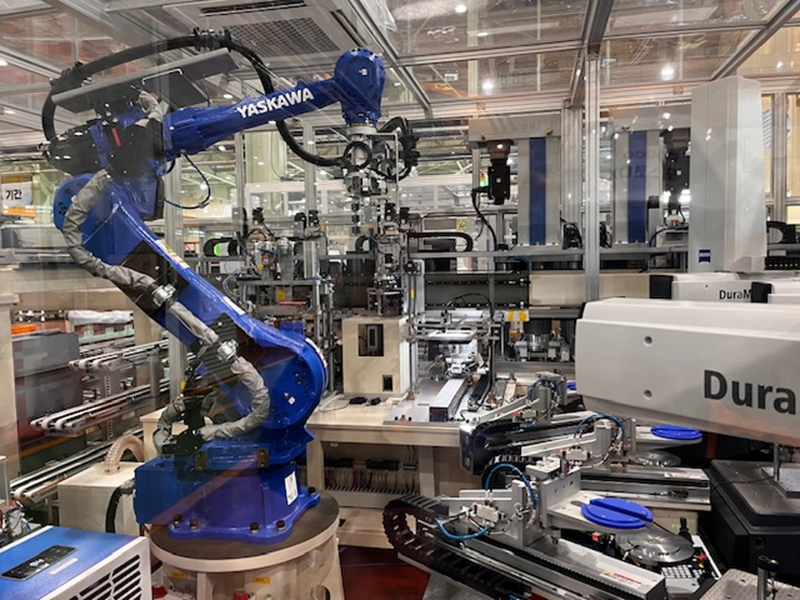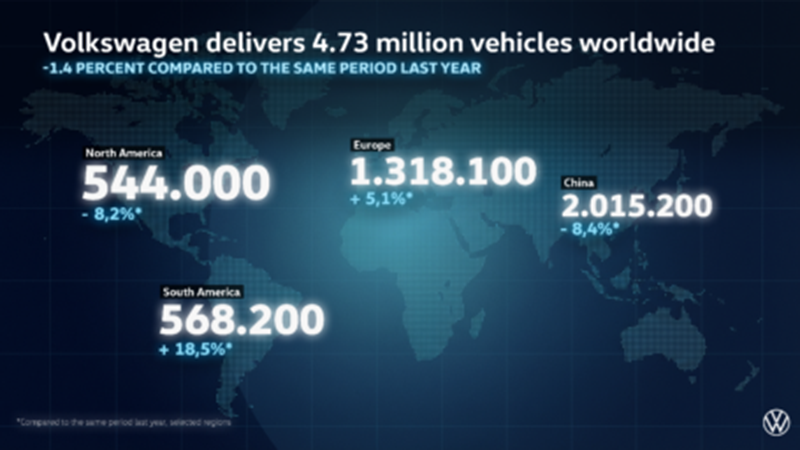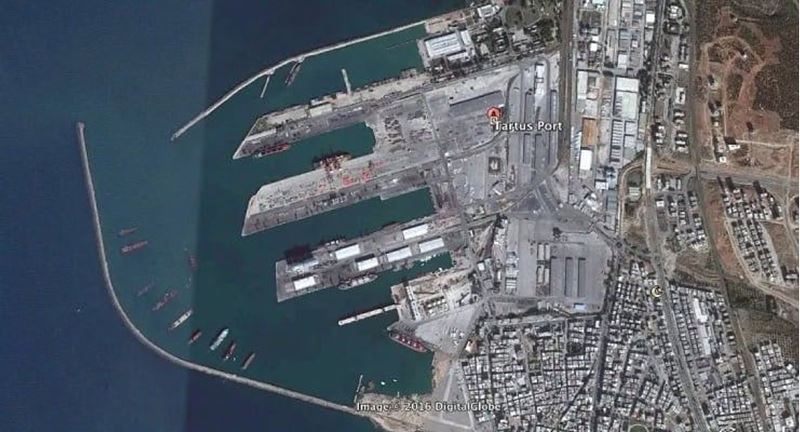The German Steel Federation (Wirtschaftsvereinigung Stahl) stated that Germany’s steel sector considers the European Commission’s proposal for a new trade instrument in the steel sector an important step toward ensuring fair competition.
The Federation said, “Given the global overcapacity exceeding 600 million tons, subsidized cheap exports from China, high steel tariffs applied to the U.S., and historically low demand in Europe, the sector’s situation has become severely challenging and its very existence is at risk.”
Gunnar Groebler, President of the German Steel Federation (Wirtschaftsvereinigung Stahl), expressed that they welcome the proposal: “The European Commission has sent a strong message with a new and effective trade defense instrument, and we fully support it. The planned tariff quota system provides the urgently needed foundation for balanced and fair competition. In doing so, the EU strengthens domestic steel production and removes the fundamental obstacles to decarbonization investments.”
Groebler added, “One of the key elements of the new system, the Tariff Rate Quota (TRQ) system, allows 18.3 million tons of imports to continue entering the EU duty-free. Current tariffs will only be applied once these amounts are exceeded. This mechanism will not close off the European market. On the contrary, it creates a fair balance. Half of the previous import volumes remain duty-free, protecting European steel production without placing a disproportionate burden on the manufacturing industry.”
Despite weak demand, the EU’s share of steel imports has worryingly risen to 30%. The steel industry forms the backbone of an intensive value chain network that provides millions of jobs. In Germany alone, around 5.5 million people are employed directly or indirectly in the sector. Groebler added:
“The issue is not only the 80.000 direct jobs in the steel industry. It is about Germany’s and Europe’s overall industrial resilience. In geopolitically turbulent times, our intensive value chain network is a tremendous strategic advantage, which is now further secured through these trade defense measures. Implementing this proposal quickly is vital to provide planning security for all market participants.”
President Groebler also noted, “Current protection measures expire in mid-2026 and, according to industry representatives, have not provided sufficient protection against large import volumes. Considering that global overcapacity continues to rise, a long-term and reliable solution has now become essential.”










Comments
No comment yet.